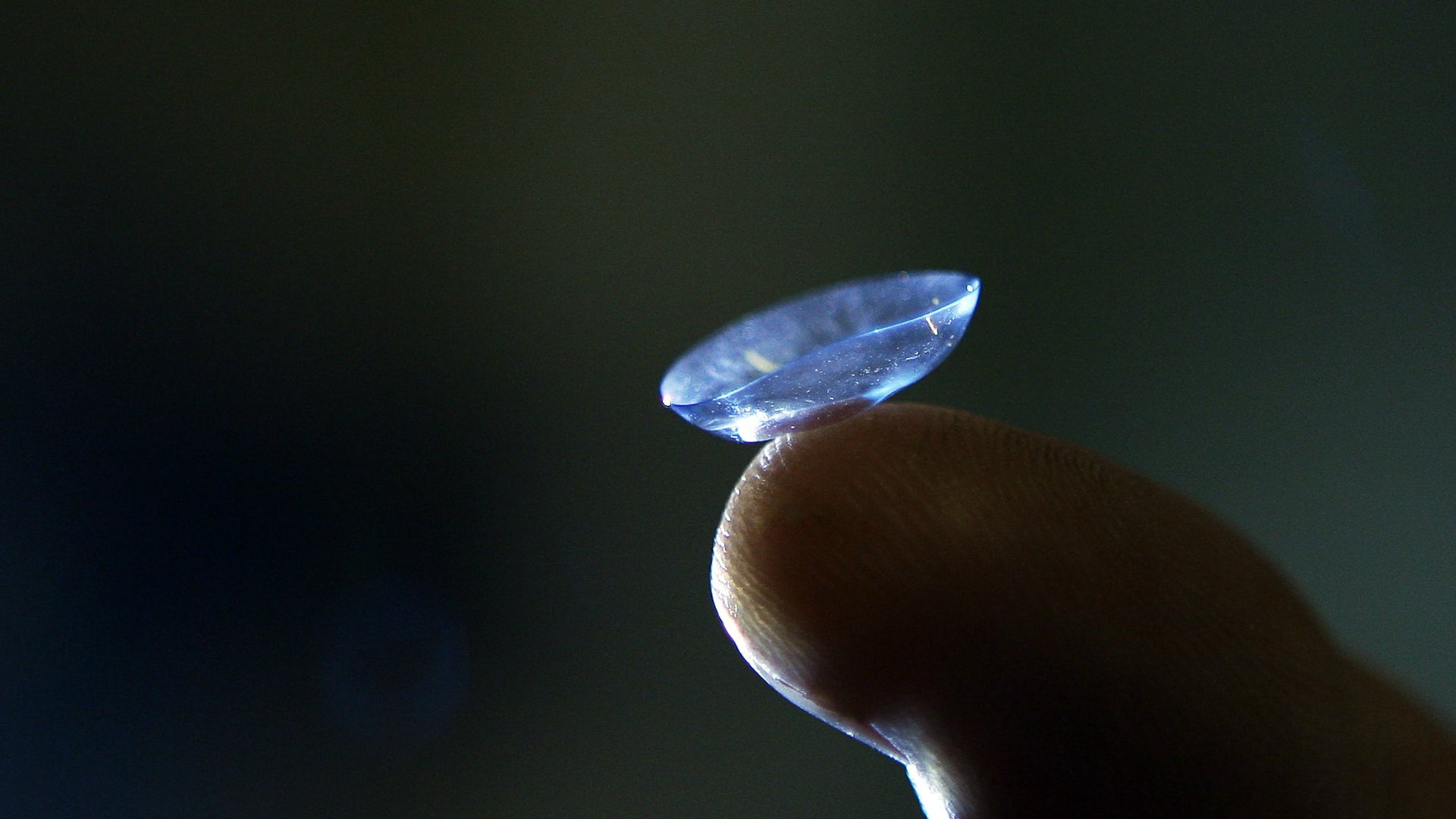The perils of wearing contact lenses to bed
It’s the kind of situation in which the nightmare begins when you wake up from sleeping.


It’s the kind of situation in which the nightmare begins when you wake up from sleeping.
One 59-year-old man heard popping coming from his eyeballs and then terrible pain following an overnight hunting trip. A 17-year-old woman discovered an ulcer in one of her eyes. And a 57-year-old man had to get an emergency corneal transplant in a last-minute effort to save his right eye.
The common denominator in each of these stories? Each person made a regular habit of sleeping while wearing their contact lenses. Now, in a new study published in the Annals of Emergency Medicine, physicians working in conjunction with the US Centers for Disease Control and Prevention are warning the country’s estimated 45 million contact lens wearers that maintaining that bad habit could very well lead to serious health problems. About one-third of contact lens wearers report sleeping or napping in their lenses.
The CDC reports that an estimated 1 million annual outpatient and emergency visits were due to keratitis, which is when clear tissue on the front of the eye becomes inflamed. That can happen from minor injuries related to not wearing proper eye protection, bacterial infection, in addition to wearing contact lenses for too long.
In most of the six cases highlighted in the published study, the result of wearing contacts for multiple nights without any cleanings resulted in permanent scarring. And in several of those cases, the contact lenses were acquired over-the-counter, without a physician’s prescription. Some of those contact lenses are marketed as being approved for overnight wear. Even still, some physicians, including those at the Cleveland Clinic, suggest it’s important to remove contacts at night anyway as a way of giving the corneas a chance to “breathe.”
Signs of an eye infection include noticing poorer vision quality, redness, watery eyes, and discharge. If removing the lenses doesn’t stop the irritation, people are advised to see a doctor, bringing with them their contact lenses, which can themselves be tested for infection.